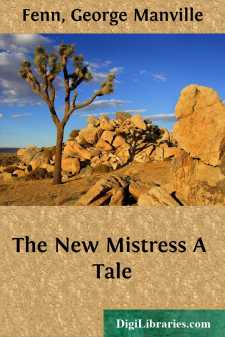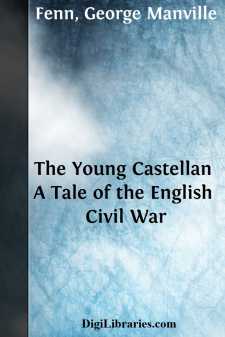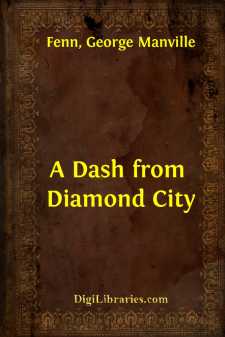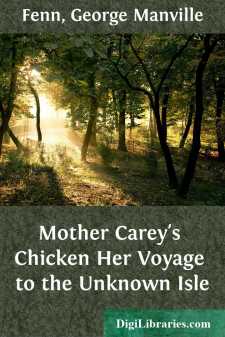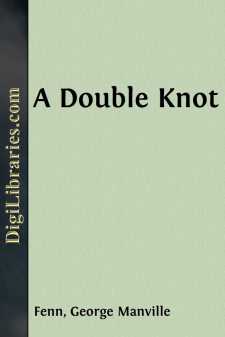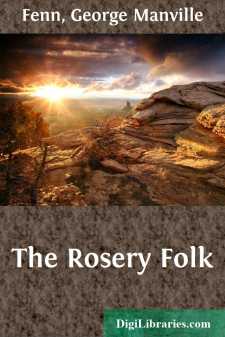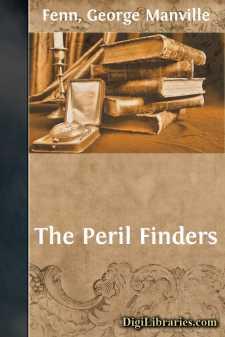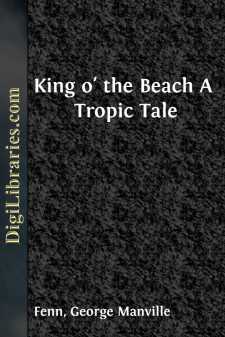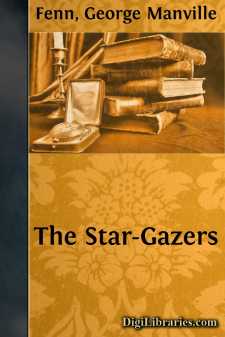Categories
- Antiques & Collectibles 13
- Architecture 36
- Art 48
- Bibles 22
- Biography & Autobiography 813
- Body, Mind & Spirit 142
- Business & Economics 28
- Children's Books 15
- Children's Fiction 12
- Computers 4
- Cooking 94
- Crafts & Hobbies 4
- Drama 346
- Education 46
- Family & Relationships 57
- Fiction 11828
- Games 19
- Gardening 17
- Health & Fitness 34
- History 1377
- House & Home 1
- Humor 147
- Juvenile Fiction 1873
- Juvenile Nonfiction 202
- Language Arts & Disciplines 88
- Law 16
- Literary Collections 686
- Literary Criticism 179
- Mathematics 13
- Medical 41
- Music 40
- Nature 179
- Non-Classifiable 1768
- Performing Arts 7
- Periodicals 1453
- Philosophy 64
- Photography 2
- Poetry 896
- Political Science 203
- Psychology 42
- Reference 154
- Religion 513
- Science 126
- Self-Help 84
- Social Science 81
- Sports & Recreation 34
- Study Aids 3
- Technology & Engineering 59
- Transportation 23
- Travel 463
- True Crime 29
The New Mistress A Tale
Description:
Excerpt
Chapter One.
The First Morning.
“Remember, Hazel,” said Mrs Thorne, “remember this—we may be reduced in circumstances; we may have been compelled by misfortune to come down into this wretched little town, and to live in this miserable, squeezy, poorly-furnished house or cottage, with the light kept out by the yellow glass, and scarcely a chimney that does not smoke; we may be compelled to dress shab—”
“Yes, yes, mother dear—”
“Bily,” said Mrs Thorne, with indignant emphasis on account of the interruption, “but remember this, Hazel, you are a lady.”
“Forgive me for interrupting you, mother.”
“Mamma, Hazel,” said the lady, drawing herself up with great dignity. “If we are by a cruel stroke of fate compelled to live in a state of indigence when pride has made my eldest child refuse the assistance of my relatives, I still maintain that I have a right to keep up my old and ladylike title—mamma.”
“But, dear, I am only a schoolmistress now—a national schoolmistress, and it would sound full of foolish assumption if I called you mamma. And are you not my dear, dear mother! There, there, good-bye, dear,” cried the speaker, kissing her affectionately; “and mind the dinner is done, for I shall be,—oh, so hungry.”
“As you please, Hazel,” said Mrs Thorne, smoothing down her dress, and looking ill-used. “Let it be mother then. My feelings have to be set aside as usual. My life is to be one slow glide down a slope of indignity to the grave. Ah, what have I done to deserve such a fate?”
“Mother, dear mother, pray, pray don’t grieve, and I’ll strive so hard to make you and the girls happy. You will soon like this little cottage; and when we get some more furniture, and some flowers, and a bird in the window, it will look so bright and cheerful and—there, there, pray don’t cry. I must go; it only wants five minutes to nine, and I must not be late the first morning.”
“I think it disgraceful that, in addition to six days a week, you should be compelled to go and teach on Sundays as well; and I shall make a point of speaking to Mr Lambent the first time he calls—that is, if he should ever condescend to call.”
“No, no, pray don’t think of such a thing, dear,” cried Hazel Thorne excitedly. “You forget that I have the whole of Saturday, and—there, there—dear, dear mother, I must go. Good—good-bye.”
Hazel Thorne kissed the stiff stately-looking lady in the stiffest of widow’s weeds, and with a bright look and a cheery nod, she hurried out of the little Gothic schoolhouse, with its prim, narrow lancet windows; but as she closed the door, the bright look gave place to one of anxious care, and there was a troubled nervous twitching about her lips that told of a struggle to master some painful emotion.
She had but a few yards to go, for the new school-buildings at Plumton All Saints were in one tolerably attractive architectural group, built upon a piece of land given two years before by Mr William Forth Burge, a gentleman who had left Plumton All Saints thirty—but it should be given in his own words, as he made a point of repeating them to every new-comer:
“Yes, sir; I left Plumton thirty year ago, after being two year with old Marks the butcher, and went up to London to seek my fortune, and I think I found it, I did.”
Mr William Forth Burge’s fortune was made by being a butcher’s boy for some years, and then starting among some new houses near Chelsea on his own account....


